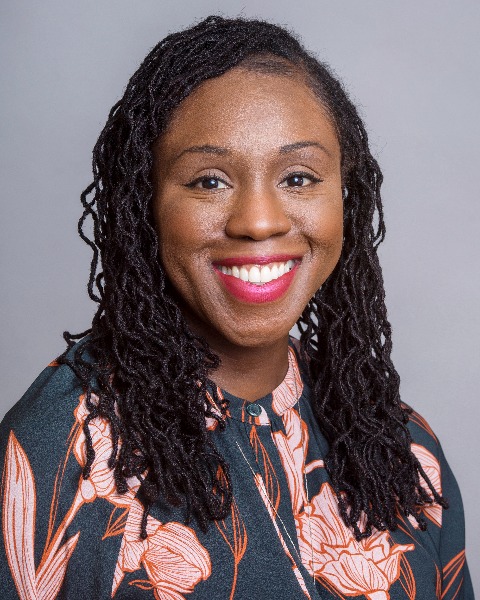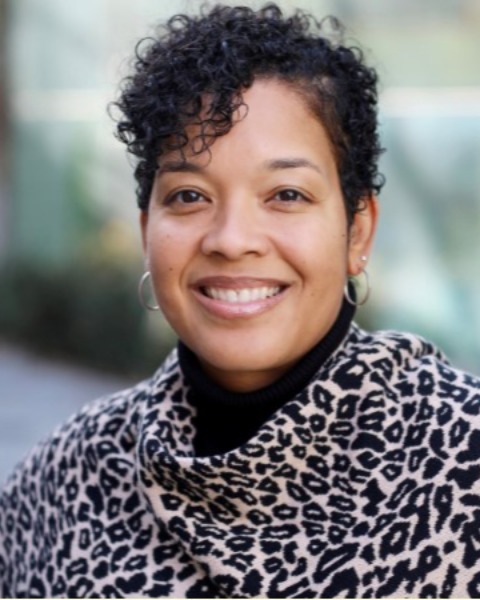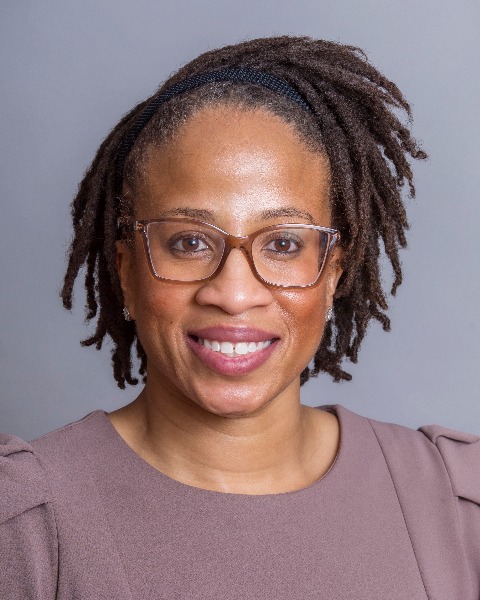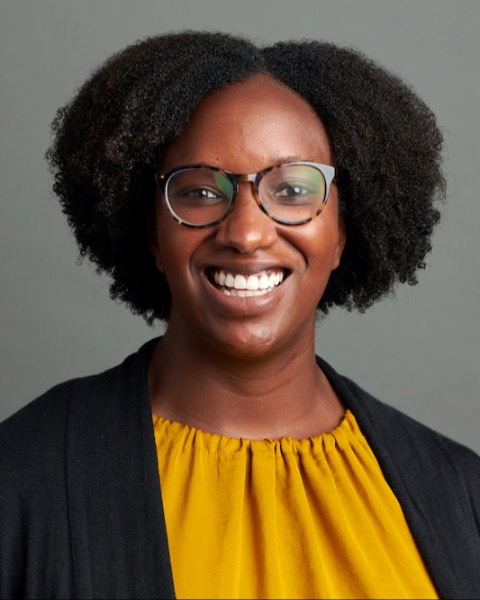Core Curriculum for Fellows
Diversity, Equity, and Inclusion
Health Equity/Social Determinants of Health
Leadership and Business Training
Medical Education
From Bystander to Upstander: Choosing Courage Over Comfort
-

Whitney Cameron, DO, MSc (she/her/hers)
Pediatric Hospital Medicine Fellow
Cincinnati Children's Hospital Medical Center
Cincinnati, Ohio, United States -

Jamilah Hackworth, EdD (she/her/hers)
Associate Professor/Assistant Chair/Director, Office of Academic Affairs and Career Development
Cincinnati Children's Hospital Medical Center/University of Cincinnati College of Medicine
Cincinnati, Ohio, United States -

Ndidi Unaka, MD, MEd
Associate Professor
Cincinnati Children's Hospital Medical Center
Cincinnati, Ohio, United States -

Courtney Gilliam, MD (she/her/hers)
Assistant Professor
Cincinnati Children's Hospital Medical Center
Cincinnati, Ohio, United States
Co-Leader(s)
Leader(s)
Co-Leader(s)
Workshop
Description: The impact of microaggressions on those who experience them within the healthcare system is well described. Microaggressions are defined as the slights, snubs, and insults, both intentional and unintentional, which communicate offensive or hostile messages to recipient individuals based on minoritized group identities. These microaggressions, which are often rooted in biases held by health care providers, impact care delivery and exacerbate health disparities. Likewise, microaggressions and other forms of racism and discrimination decay clinical learning environments and perpetuate othering and isolation among minoritized groups. Power dynamics between patients and the health care team may make it difficult for patients and/or families to confront microaggressors. Conversely, the role of service provider may make it difficult for health care teams to respond to microaggressions from patients and families. Additionally, microaggressions commonly go unnoticed or unaddressed by members of the healthcare team, particularly if team members do not share the same backgrounds or experiences. In this workshop, we will define and give examples of racial and ethnic microaggressions. Most importantly, participants will learn how to be upstanders - individuals who have a conscientious and immediate protective response and take action to disrupt microaggressions. Participants will be given tangible strategies and tools to disrupt microaggressions and become co-conspirators/upstanders- - individuals who have a conscientious and immediate protective response and takes action to disrupt microaggressions. Finally, they will put newly acquired knowledge and skills to practice using cases and small group discussion.
Learning Objectives:
- Discuss the role of racism and discrimination in exacerbating health inequities and isolation among minoritized groups in healthcare organizations.
- Define and give examples of microaggressions that target minoritized groups.
- Apply strategies to promote equity within our healthcare system as co-conspirators/upstanders.
